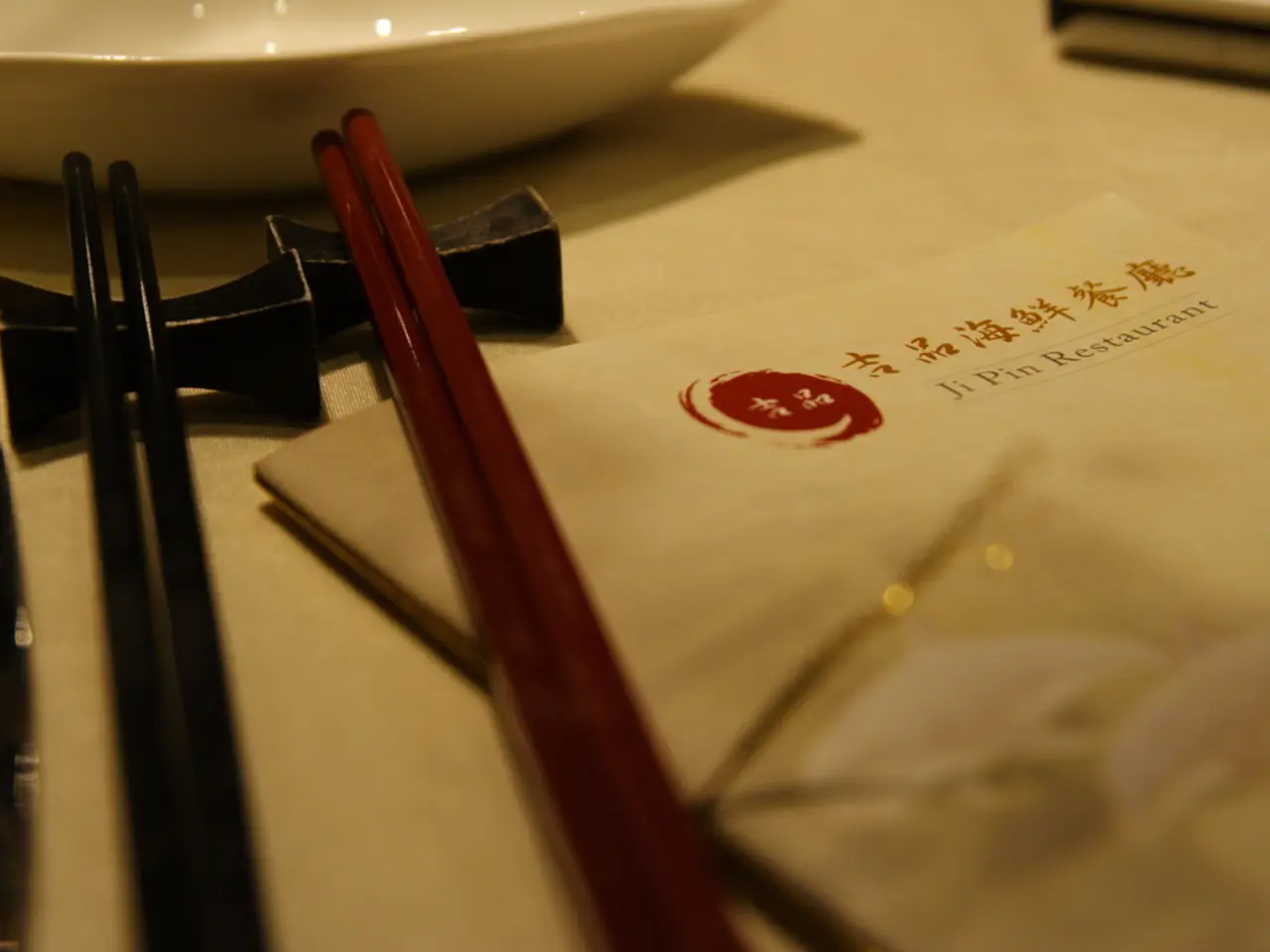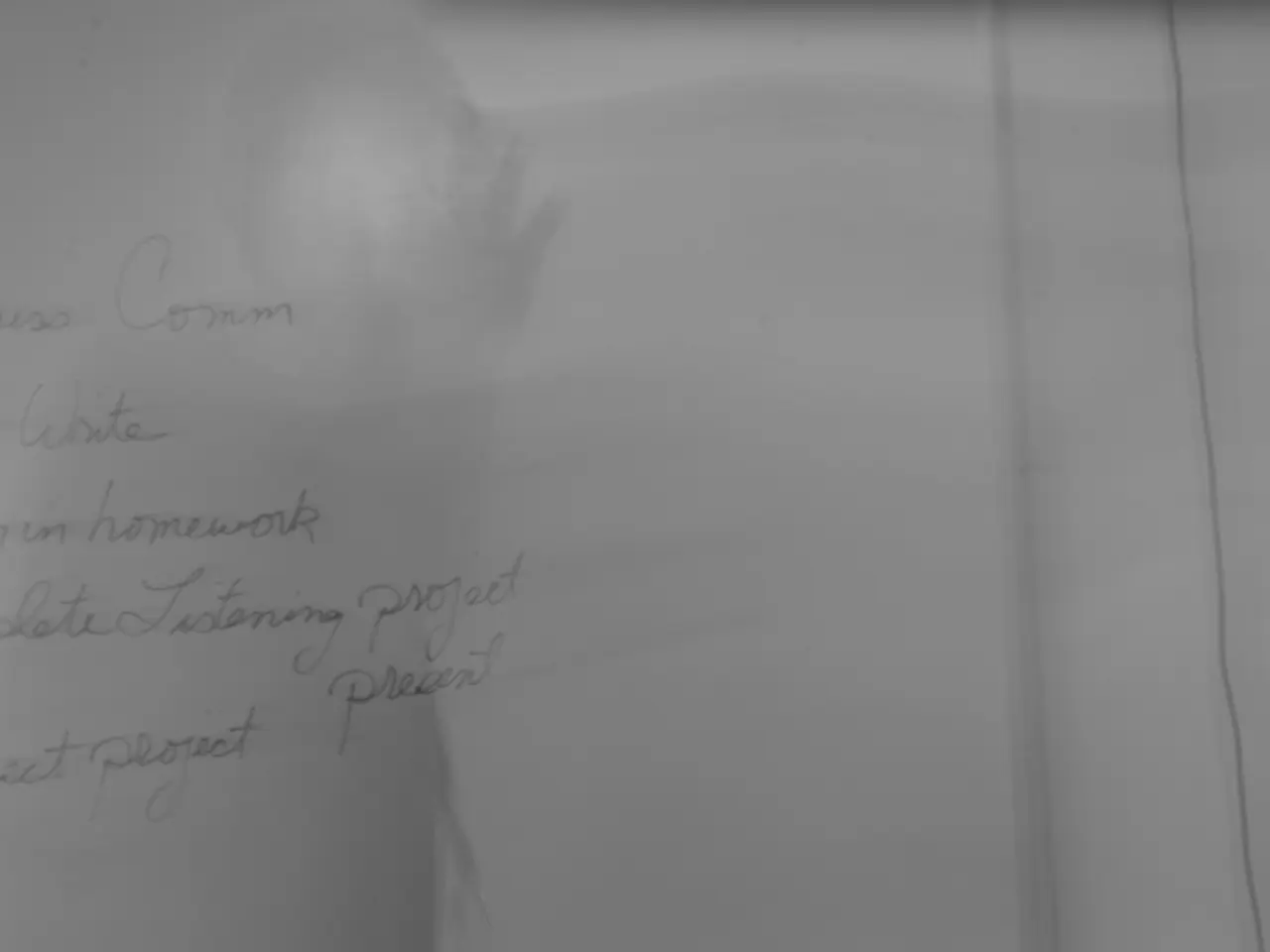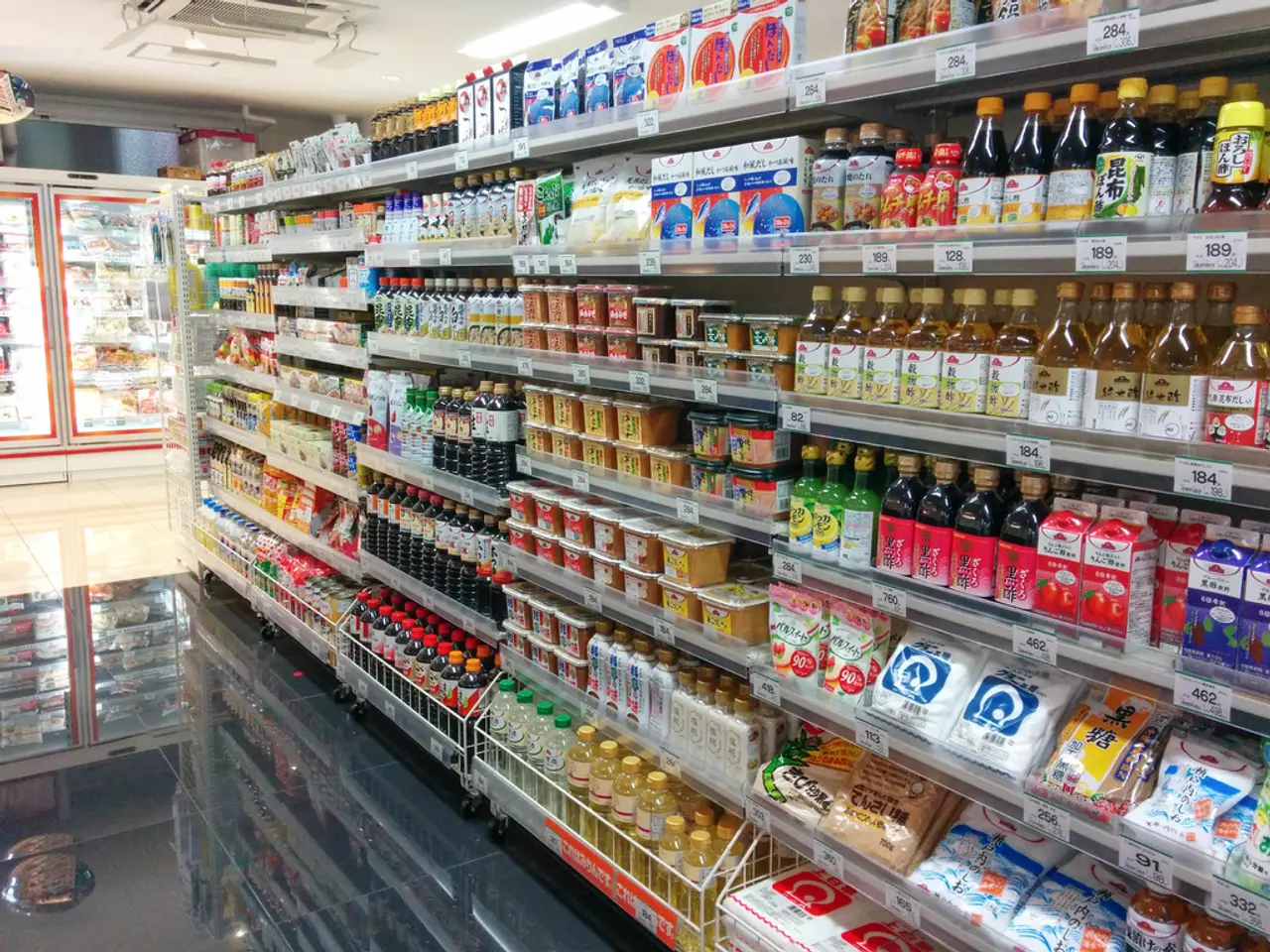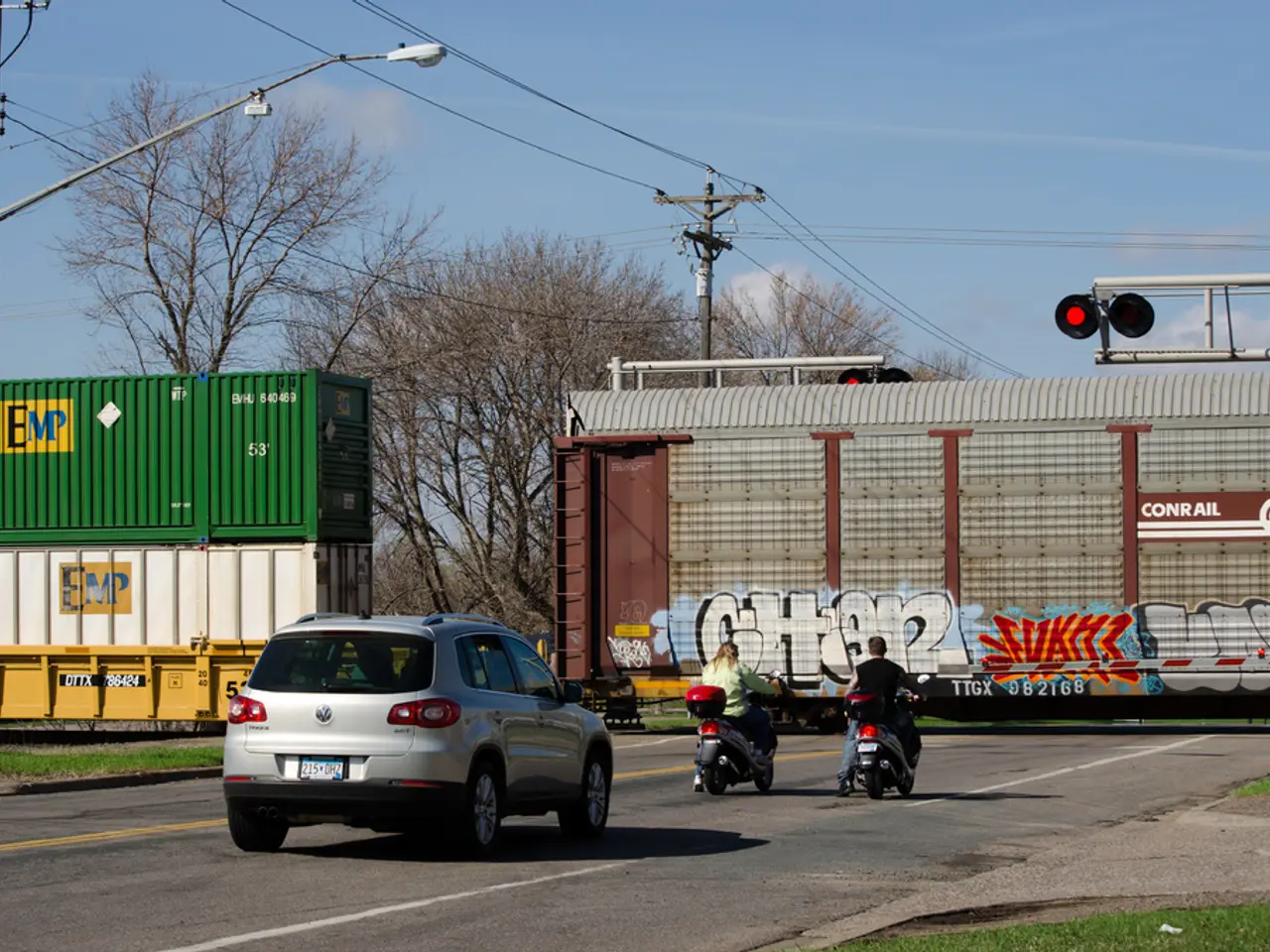Partnership Established for KERA: International Rice Research Institute Collaborates with Kerala Government to Advance Low-Carbon Rice Cultivation
In a significant stride towards sustainable agriculture, the Government of Kerala and the International Rice Research Institute (IRRI) have launched the Low Emission Packages (LEPs) initiative in Kerala's rice agriculture. The partnership, formalised with a Memorandum of Understanding (MoU) signed on July 2, 2025, is part of the Kerala Climate Resilient Agri-Value Chain Modernization Project (KERA), funded by the World Bank.
### Details of LEPs and Collaboration
The LEPs aim to co-develop and scale climate-smart rice farming practices to reduce greenhouse gas emissions, particularly methane, which is prevalent in waterlogged rice paddies. The project targets approximately 22,000 hectares of rice fields across Kerala, directly benefiting over 45,000 farmers.
The core practices of the LEPs include the introduction of alternate wetting and drying (AWD) irrigation techniques to reduce water usage and methane emissions, the integration of digital water management systems to optimise irrigation based on real-time monitoring, and evidence-based agronomy to sustain rice yield and farmer incomes while minimising environmental impact.
IRRI leads the technical development, monitoring frameworks, and capacity-building for the project. The Kerala Agricultural University and the Centre for Water Resources Development and Management contribute to research, training, and irrigation guidance. Local farmer groups, such as Padasekhara Samitis and Water User Associations, are actively involved in piloting and scaling the LEPs.
### Impact and Progress Since Inception
Though the LEPs initiative is still in its early stages, key impacts and intended benefits include reduced greenhouse gas emissions from rice paddies through better water management, improved water-use efficiency in rice farming, sustained or enhanced rice yields and farmer profitability, and capacity-building of farmers and institutions to adopt and manage climate-smart practices effectively.
The project is poised to transform Kerala’s rice agriculture into a model of low-emission, climate-resilient food production. The collaboration also includes developing monitoring, reporting, and verification (MRV) systems for emissions and water use to track progress and support potential carbon finance mechanisms.
In summary, the LEPs initiative in Kerala’s rice agriculture, backed by IRRI from mid-2025, is a pioneering effort blending technology, farmer engagement, and institutional support to address climate change, water management, and agricultural sustainability on a large scale. The project seeks to scale these greenhouse gas mitigation strategies across Kerala to ensure widespread adoption.
The LEPs initiative, a collaboration between the Kerala Government and the International Rice Research Institute (IRRI), is aggressively working towards the development and implementation of climate-smart rice farming activities to minimize greenhouse gas emissions, particularly methane, in waterlogged rice paddies across Kerala. This project, part of the KERA project funded by the World Bank, is expected to influence the real-estate sector by setting a precedent for low-emission and climate-resilient food production in Kerala, potentially favoring investments in environmental-science-focused housing markets. As part of the LEPs, IRRI is spearheading technical development, while local farmer groups and institutions like the Kerala Agricultural University and the Centre for Water Resources Development and Management contribute research, training, and guidance on irrigation.




